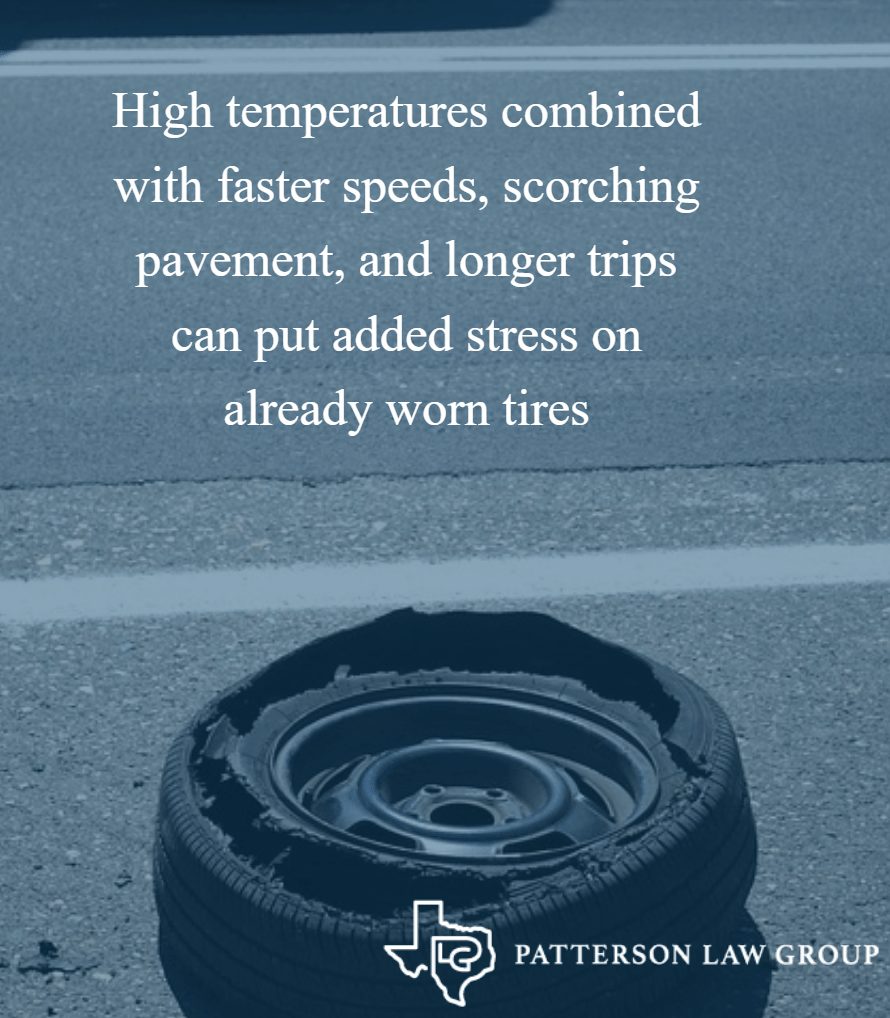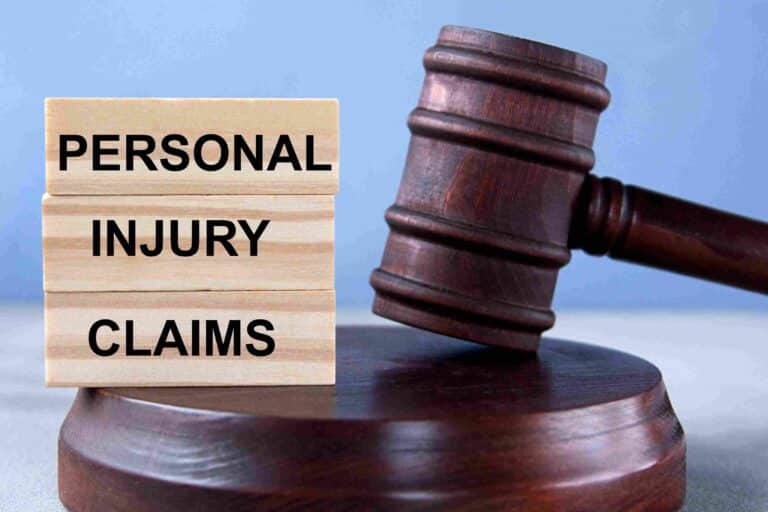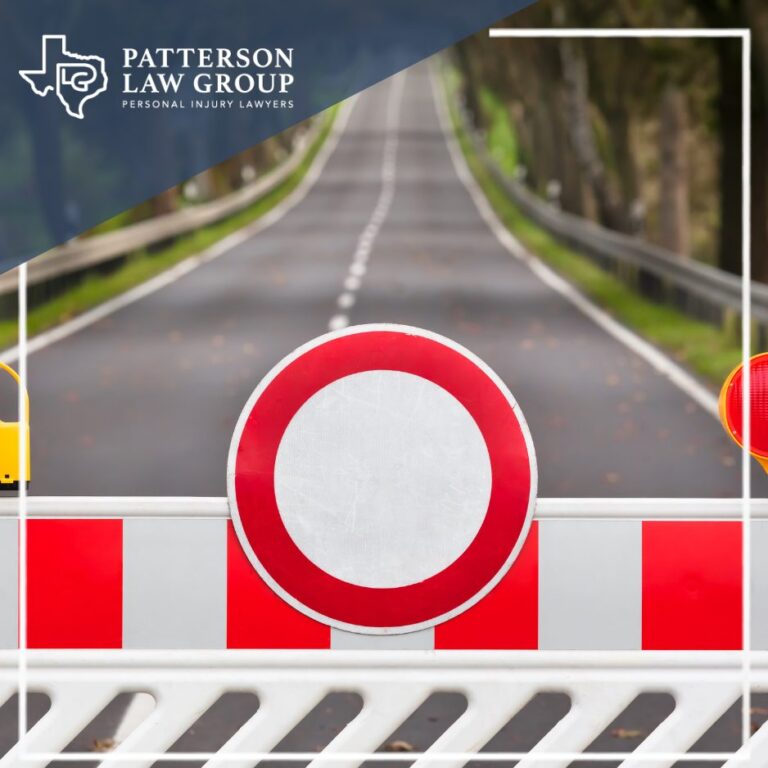What You Need To Know About Tire Blowouts
Tire blowouts are often unexpected and sudden. They leave a driver trying to compensate for losing control of the vehicle, which could cause injury to yourself or others. Fortunately, these types of car accidents can often be prevented with proper attention to car maintenance and careful driving. In cases of faulty products, however, there’s not much that can be done on the consumer end to avoid a blowout, which means that responsible and attentive driving at all times is essential.
Blowouts, unlike flat tires, are explosions that make tires burst and (usually) leave rubber debris on the road, which can further contribute to collisions.
Hot Weather and Tire Blowouts

Tire blowouts happen mostly during warm weather months, from May to October. High temperatures in states like Texas combined with faster speeds, scorching pavement, and longer trips (and sometimes heavy loads or abnormal loads in cases of lifted vehicles) can put added stress on already worn or damaged tires, causing them to pop.
Sometimes, blowouts occur when tires don’t have the correct amount of pressure. So, it’s a good ideal to schedule regular pressure checks so you can see if your tires have the recommended PSI (pounds per square inch) according to your vehicle’s reference guide.
What Happens During a Blowout
If you’ve experienced a tire blowout, you’ll hear a load noise like an explosive and then you will feel a deceleration of the vehicle. This is typical, and it comes with the pulling of the car to one direction or another. The experience happens suddenly, and it’s one that drivers may have to deal with at any speed or in any traffic condition.
How to Handle a Blowout
If you have a tire blowout, you need to be diligent about keeping control of your vehicle and trying to avoid any debris that might have been scattered on the road. Even though your first instinct may be to slam on your breaks and pull sharply to the side of the road, this may cause even more danger to yourself and other drivers. Instead:
- Remain calm and focused
- Ignore cell phone rings and the radio (consider keeping your music turned down all the time and putting your phone in Do Not Disturb mode every time you drive)
- Maintain your speed as much as possible, momentarily (acceleration may even offset the vehicle pulling to one side)
- Turn your wheel opposite of the direction you feel it turning
- When your car is steady, put your turn signal on and slowly move to the side of the road
How to Avoid a Blowout
There are several ways you can reduce the chance of getting a tire blowout, including:
- Maintaining proper and consistent tire pressure
- Keeping your tires in good condition
- Staying alert to roadway hazards
- Not altering your vehicle to put abnormal pressure on your tires (like in the case of lifted vehicles)
If you think your blowout may have been caused by a faulty tire or the negligence of another person, Patterson Law Group may be able to help you. Fill out the contact form on this page and one of our personal injury attorneys will be in touch promptly. Contact us today!





